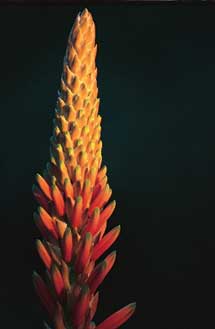
Also, you will get a good background blur.

It is good for low-light photography and for getting higher shutter speeds to freeze action. Now, the question would be what is the use of a lower f-number? The lower the f-number, the greater the amount of light entering the camera. These are prime lenses (fixed focal length ones).įor Canon EF 50mm f1.8 lens, the Maximum possible Aperture opening is : 50/1.8 = 27.78 mm (diameter of the opening)įor Canon EF 50mm f1.4 lens, the Maximum possible Aperture opening is : 50/1.4 = 35.71 mm (diameter of the opening)į rom the above example it is clear that the lower the f-number, the greater will be the aperture opening. Let’s consider the case of Canon EF 50mm f1.8 lens and Canon EF 50mm f1.4 lens. It can be explained better by an example. Let’s see, how the f-number of a lens corresponds to the aperture opening. If you are a beginner in photography, then the question that comes to your mind immediately will be, which f-number should I select? The answer depends on many factors like, the subject which you are going to shoot, whether you want a blurred background, or if you want a shallow DOF or wide Depth Of Field, etc.

A normal point-and-shoot digital camera also comes with a maximum and minimum aperture. The maximum possible aperture value will be written on the camera lens. The larger the f-number smaller will be the aperture opening and vice versa.Įach camera lens comes with a maximum and minimum aperture opening. If larger the opening, more amount of light will enter the camera and vice versa.Īperture opening in a camera is denoted by the f-number.


 0 kommentar(er)
0 kommentar(er)
